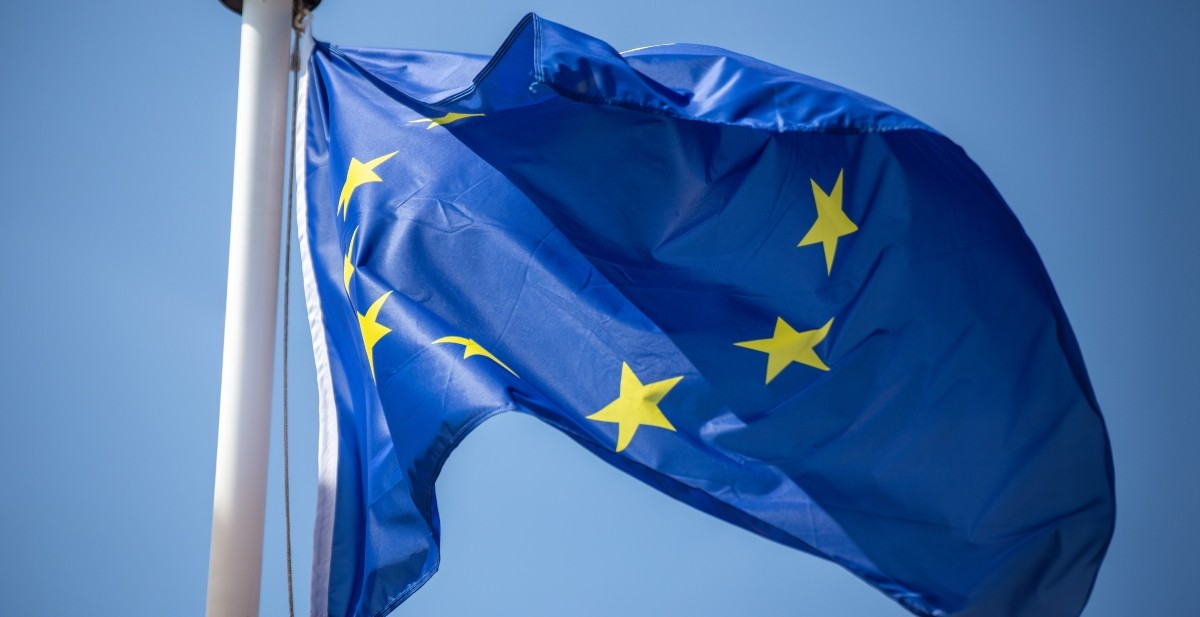UK and EU continue to sanction vessels implicated in the non-price cap compliant oil trade

By Jos Standerwick, CEO, Maritime London
On 9 May, the UK Government sanctioned 100 oil tankers, citing their involvement in the shadow fleet transporting Russian Oil.
Prime Minister Keir Starmer said, “Every step we take to increase pressure on Russia and achieve a just and sustainable peace in Ukraine is another step towards security and prosperity in the UK.”
“The threat from Russia to our national security cannot be underestimated. That is why we will do everything in our power to destroy his shadow fleet operation, starve his war machine of oil revenues and protect the subsea infrastructure that we rely on for our everyday lives.”
“My government will safeguard working people from paying the price from the costly threat Putin’s fleet poses to UK critical national infrastructure and the environment”
The UK announcement was followed by the EU designating 189 vessels after EU defence ministers gave their approval to the 17th Russian sanctions package on 20 May.
EU High Representative Kaja Kallas said that the EU is “upping the pressure on Russia to end its war”.
“It will target more of Russia’s shadow fleet, which is illegally shipping oil for revenues to fund Putin’s aggression. Sanctions drain Russia’s war chest,”
The UK and EU actions are the biggest vessel sanction packages against Russia since the US sanctioned 183 vessels at the end of the Biden administration in January. Since the Trump administration took office, the US has focused exclusively on sanctions targeting vessels cited to be facilitating the Iranian oil trade or supporting Houthi terrorist activity.
A full list of designated vessels from the UN, US, UK, EU and Canada can be found on The Baltic Exchange KYC Platform.
To learn more about KYC and the Baltic Know Your Customer (KYC) Platform, please click here.